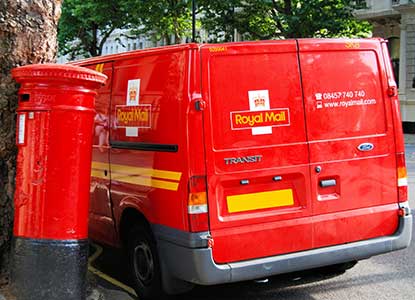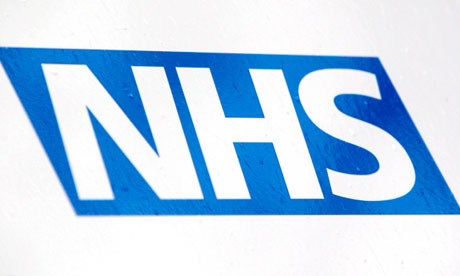The government promised parliament that NHS competition would not be compulsory under their new laws. New evidence emerges today that these promises were false.
Local health bosses are saying they are legally obliged to put NHS services out to competition, despite repeated government promises to the contrary, it emerged today.
A survey in today’s Pulse magazine revealed that since April, Clinical Commissioning Groups have put 63% of contracts to provide NHS services out to tender, with a further 9% using the slightly different ‘Any Qualified Provider’ route. The contracts that have been opened up to private healthcare companies to take over include every aspect of NHS services and total billions of pounds.
And according to Pulse:
“When asked whether they had awarded contracts without putting it out to competition, many Clinical Commissioning Groups – including Cambridgeshire and Peterborough – answered: ‘This would be contrary to the section 75 regulations.’”
The revelation will re-open controversy about broken government promises on NHS privatisation.
The Section 75 regulations were made under the Health & Social Care Act in April this year. They appeared to force competition on the NHS in contravention of ministerial promises made during the stormy passage of the Act itself. At a critical juncture then health secretary Andrew Lansley wrote to the new local health bosses (Clinical Commissioning Groups) telling them that,
“I know many of you have read that you will be forced to fragment services, or put them out to tender. This is absolutely not the case. It is a fundamental principle of the Bill that you as commissioners, not the Secretary of State and not regulators – should decide when and how competition should be used to serve your patients interests.”
And he told the House of Commons,”There is absolutely nothing in the Bill that promotes or permits the transfer of NHS activities to the private sector”
Days later Tory health minister Earl Howe promised the Lords “Clinicians will be free to commission services in the way they consider best. We intend to make it clear that commissioners will have a full range of options and that they will be under no legal obligation to create new markets, particularly where competition would not be effective in driving high standards and value for patients. As I have already explained, this will be made absolutely clear through secondary legislation and supporting guidance as a result of the Bill.”
However when this secondary legislation emerged in February this year – the Section 75 regulations – it appeared to break these promises and give local health commissioners no choice but to put NHS services out to competition, as first highlighted on OurNHS openDemocracy and by Keep Our NHS Public.
A storm of protest errupted. Over 1000 health professionals wrote to the Telegraph urging for the regulations to be scrapped. Both the unions and the Royal Colleges – even those who had been muted in their opposition to the Act itself – and were up in arms at what the Association of Royal Colleges called ‘privatisation by stealth’. Over 300,000 38 Degrees members signed a petition for them to be dropped. Polly Toynbee called for the Lib Dems not to stand for any more lies on the NHS and many Lib Dem activists raised concerns.
Lib Dem health minister Norman Lamb told parliament “We are looking at this extremely seriously. Clear assurances were given in the other place during the passage of this legislation and it is important they are complied with in the regulations.”
continues


